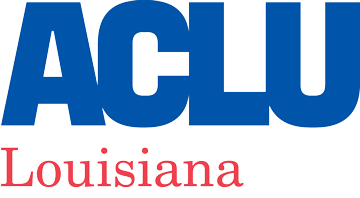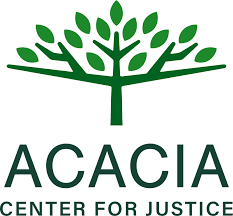When people held in immigration detention lack access to basic information on their legal rights, abuses thrive.
This guide trains attorneys, advocates, and grassroots organizations on how to provide legal services in immigration detention facilities. It teaches how to obtain and maintaining access to ICE facilities. It also offers best practices for conducting legal rights presentations and providing other legal resources for detained immigrants, as well as engaging with various government stakeholders.
The first section of the guide outlines the legal framework for securing access to ICE facilities for the purpose of providing legal services, complete with suggested responses when communicating with Immigration and Customs Enforcement (ICE), ICE Enforcement and Removal Operations (ERO) and other stakeholders. The second section of the guide highlights a real-life case study and best practices.
What solutions exist?
Legal rights presentations are a needed triage measure to address the lack of access to lawyers for detained people. But so long as private prison CEOs continue to profit from billion-dollar government handouts to run private immigration detention, human rights abuses in detention centers are sure to continue. The real solution to the crisis of mass incarceration in the U.S. immigration system is to end arbitrary immigration detention for good.
How can I get involved?
Anyone can create or join grassroots organizations like the Southeast Dignity Not Detention Coalition, groups of organizers, legal service providers, and human rights defenders that visit immigration detention centers to provide legal rights presentations and other community services.
You can send a letter to your federal representatives urging them to redirect funding for immigration detention to community-based case management services that are more humane, less expensive, and have returned a 100% immigration court appearance rate.
Share our report with your networks.
Sign up to our mailing list for updates on immigration detention in the U.S. and community-based alternatives.
March 2025
Guide to Legal Access in Immigration Detention
Partners
-

ACLU of Louisiana
Since 1956, the ACLU of Louisiana has worked to advance and preserve the individual rights and liberties guaranteed by the Constitution and laws of the United States and the State of Louisiana.
-

Acacia Center for Justice
The Acacia Center for Justice is a non-profit, non-governmental organization that supports and partners with a national network of human rights defenders who provide legal defense to immigrants at risk of detention or deportation.



